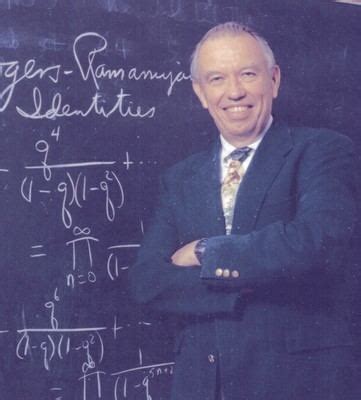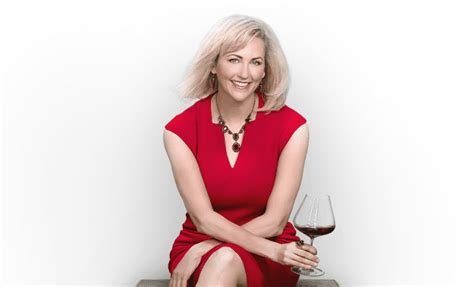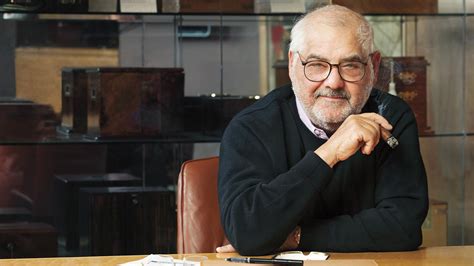A Quote by Tim Crane
The wine itself has aesthetic value; but what it is for a wine to have aesthetic value cannot be understood without making reference to the experience to tasting it
Related Quotes
Originality is another criterion of aesthetic value. We may formulate an originality principle, according to which highly valuable works of art provide hitherto unavailable insights.... Notice that, although originality is a necessary condition of high aesthetic value, it is far from a sufficient condition. Many original works have little or no aesthetic value. An artwork may present a novel but uninteresting perspective, or one that is original but wrong.
Scores do not reveal the most important facts about a wine. The written commentary (tasting notes) that accompanies the ratings is a better source of information than any score regarding the wine's style and personality, its quality level relative to its peers, and its relative value and aging potential.
Taste and smell are often the beggars among our five senses - they leave no written language and therefore no standards other than wholly personal ones. Tasting a superlative Moselle wine can be an aesthetic experience no less genuine than hearing a Mozart piano concerto or seeing for the first time an original Breughel painting.
Aesthetic value emanates from the struggle between texts: in the reader, in language, in the classroom, in arguments within a society. Aesthetic value rises out of memory, and so (as Nietzsche saw) out of pain, the pain of surrendering easier pleasures in favour of much more difficult ones ... successful literary works are achieved anxieties, not releases from anxieties.
This is not really currency that circulates. It's like the old joke about expensive vintage wine. Wine prices will go up and once in a while somebody will buy a 50-year-old bottle of wine and say, "Wait a minute. This has gone bad." The answer is, "Well, that wine isn't for drinking; that's for trading." These $100 bills aren't meant to circulate. They're not to spend on goods and services. They're a store of value. They're a form of saving.
The goal in tasting wine is not to "find" the same aromas and flavors some other taster is describing. If you hone your own perceptual abilities and develop the vocabulary to articulate them, you'll not only derive more pleasure from the wine itself, but also stimulate better communication between you and the friends who are sharing the bottle.








































